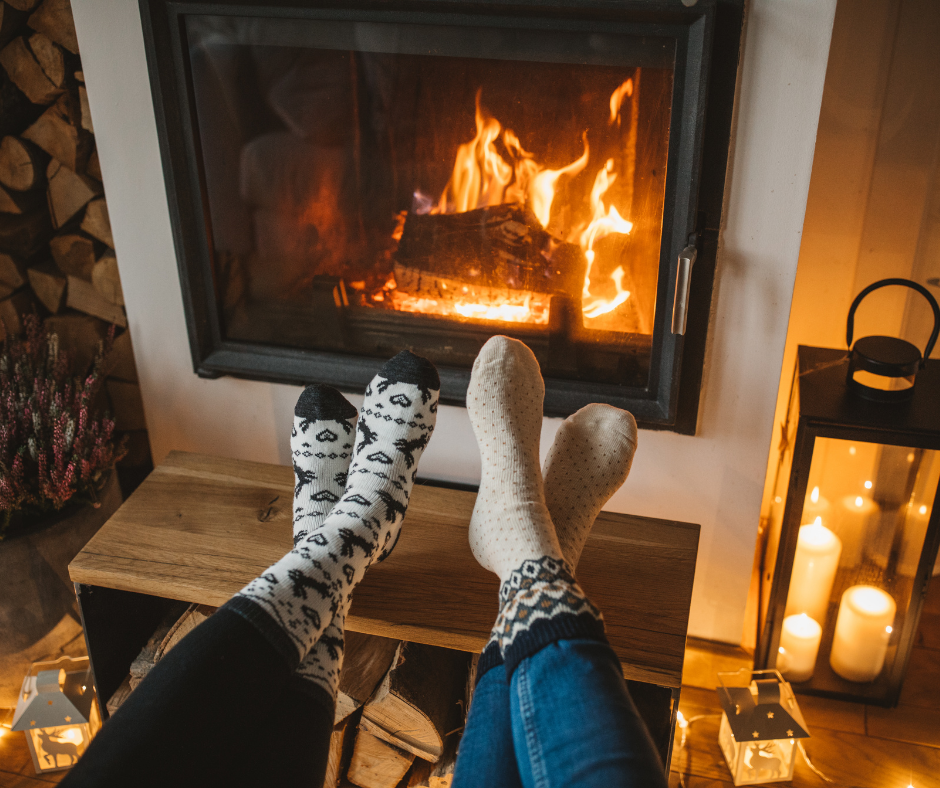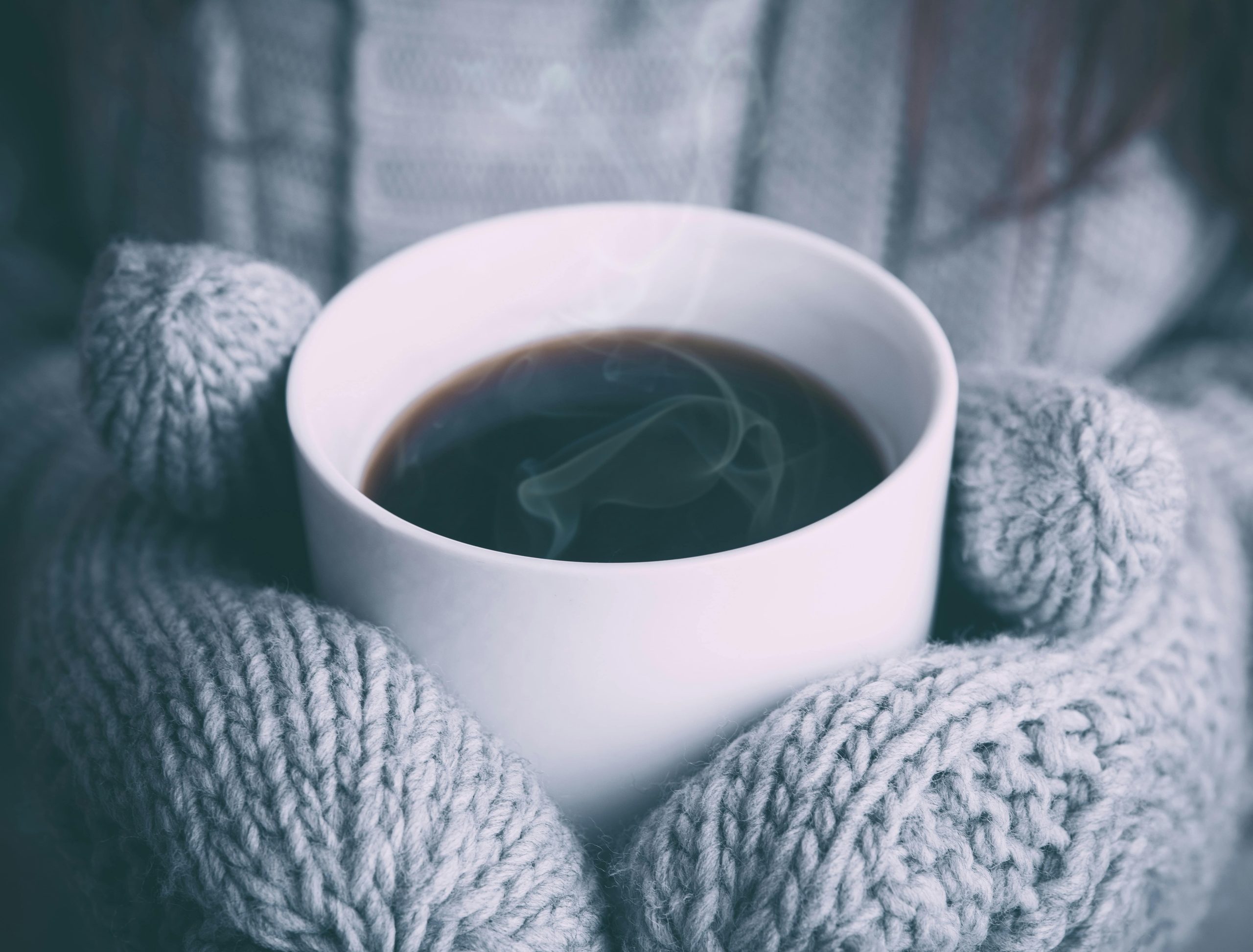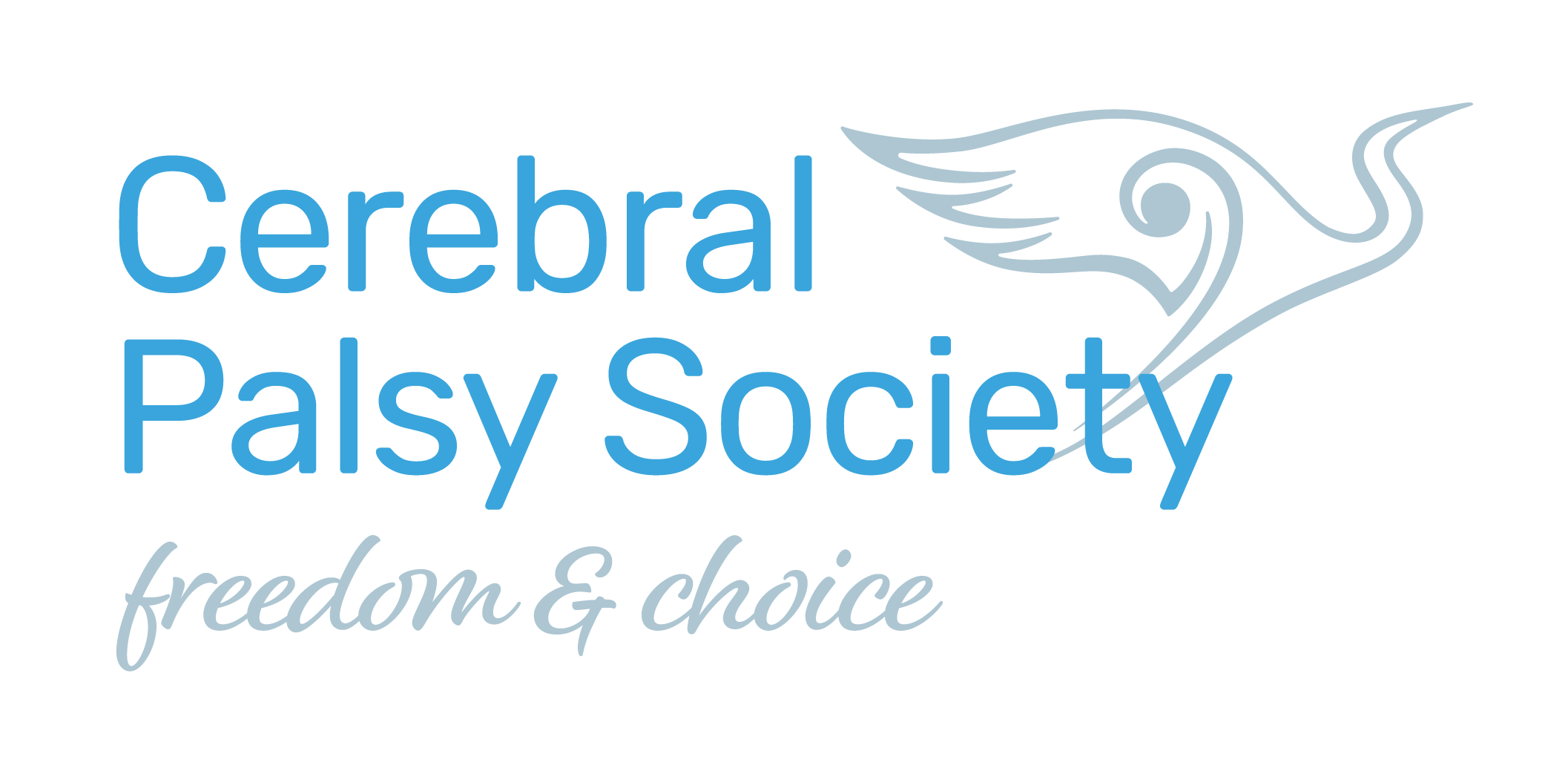NEWS & UPDATES
Keeping warm in winter
29 May 2024
By Amy Hogan
Winter can be a difficult and challenging time for people who live with Cerebral Palsy (CP) and their families, especially when weather patterns and temperatures can be unpredictable.
Features and elements of CP can be affected by weather and temperature extremes. The low temperatures, rain and snow in different regions throughout New Zealand can put extra obstacles in place when it comes to getting around and staying well.
This article provides general guidelines for making the best of the winter months.

Winter and Cerebral Palsy
Cold can affect muscle spasms and tightness, often first thing in the morning
- Winter weather can affect the throat and make speech extra challenging
- Hands can get extra tight and fine motor skills can change in winter. This can affect things like pushing a manual wheelchair or using a power chair control stick.
- Slippery ground can make balance extra challenging whether you are using a manual or power chair, a walking frame or wearing adapted footwear.

Tips and Tricks for Navigating Winter
- It’s important to stay hydrated, even in winter, as dehydration can play a role in muscle stiffness and soreness.
- For each of your mobility devices and footwear, check the tread and look for potential ways to improve the grip. Look for different wheelchair tyres and footwear.
- Keep a rag or towel by the door to wipe down shoes and wheelchair tyres to stop dirt tracking in the house. Winter can also take its toll on mobility and medical equipment, so be sure to dry off wheelchairs, crutches etc so they don’t deteriorate because they got wet.
- Consider wearing clothing like neck warmers/protectors to keep your throat extra warm and help speech.
- Warm clothing can be difficult to source when you have a disability. Here are some options that are easier for people with disabilities to wear. Consider:
- A layer close to the skin that is soft and light, to avoid overheating. People with disabilities can have sensitive skin so trying out different fabrics can be useful.
- Winter clothing that is a little bigger so that it can be easier for individuals or caregivers to get on and off, especially when moving in and out of the house.
- Pants with gathered cuffs that don’t drag on footplates or when you are walking.
- Coats/raincoats that stay clear of wheels or sticks.
- There are a variety of warming aids available e.g. wheat bags, hand warmers, warming blankets. These could be especially useful first thing in the morning or in the evening when you are trying to relax muscle groups. The type of device that suits you will depend on what you need it for e.g. all-over warmth vs providing heat to a particular joint or muscle group.
- Consider doing stretches and gentle movements before getting up in the morning, to warm up your muscles.
- Consider keeping a hot drink in a thermos with you to sip on throughout the day.
- Keep an eye on your hands and feet throughout winter. Both the skin and joints can react to rain and cold weather. Consider socks and gloves that are easy for you or your caregiver to get on and off. Fingerless gloves may be the best option to help maintain grip.
- There are many different types of raincoats for people living with disabilities like CP e.g. fitted for people who are walking when balance is an issue or poncho style raincoats for wheelchair users.
- Be aware that doorways and home modifications like threshold ramps can get slippery and be tricky to navigate. The same goes for grab rails in the bathroom when they are affected by condensation.

The Society’s getThis&That programme gives members the opportunity to buy small items that aren’t funded by the government. These can include:
- things that can make winter easier to cope with
- compression clothes to ease chronic pain
- extra stoppers (grips) for mobility devices
- clothing protectors for wheelchairs and treads
- different types of blankets and warming aids.
Whatever you decide on, have a safe and warm winter season with your family and whānau.
For more information, please contact Amy at amy@cpsociety.org.nz.
 * Amy Hogan is the Cerebral Palsy Society’s Researcher and Member Support Advisor.
* Amy Hogan is the Cerebral Palsy Society’s Researcher and Member Support Advisor.

